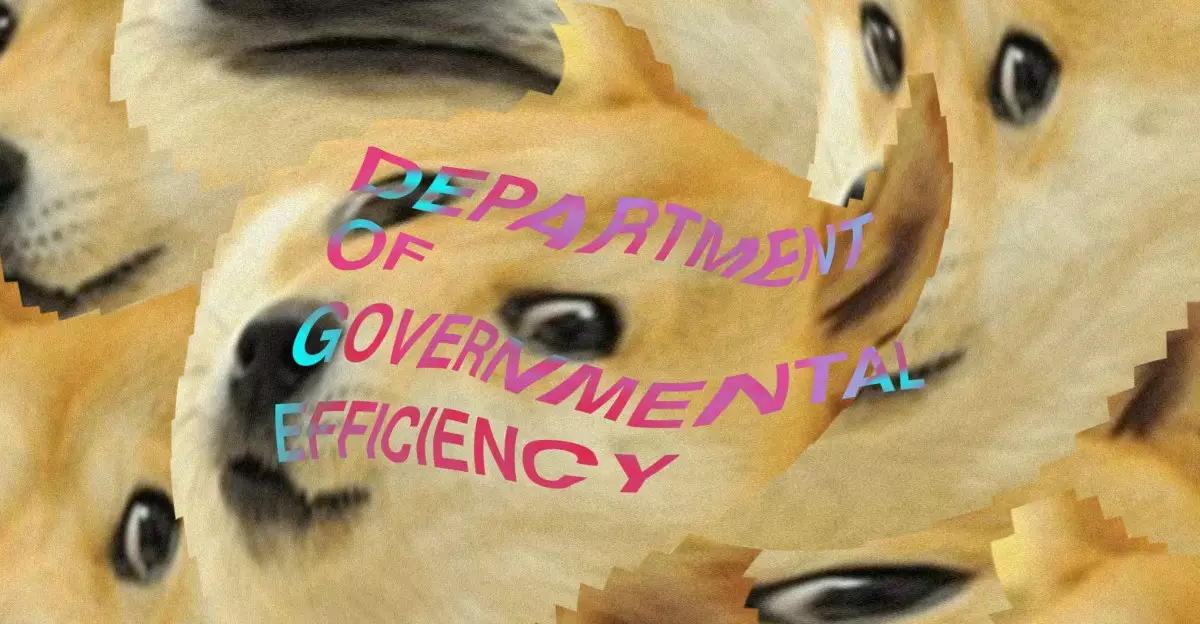In a striking revelation, a young staffer named Marko Elez, aged 25, garnered attention for his unprecedented access to the sophisticated payment systems of the U.S. Treasury Department. Elez, who previously served in the Department of Government Efficiency, became the center of a major controversy following the discovery of a social media profile linked to him, which contained a series of problematic and racist posts. This incident sheds light on issues surrounding governmental trust, cybersecurity, and the implications of personal conduct on public service roles.
Elez’s social media activities drew severe criticism, particularly a deleted account attributed to him that openly expressed racially charged views. The derivative statements called for the reinstatement of a “eugenic immigration policy,” suggested repealing the Civil Rights Act, and made derogatory comments about immigrant worker programs. These statements not only raise ethical questions but also pose significant risks regarding the integrity of sensitive government operations, particularly for someone entrusted with modifying code in vital payment systems.
The backlash against Elez escalated after an inquiry by The Wall Street Journal brought his unsavory posts to light. Faced with mounting pressure, he resigned from his position, yet this resignation did little to quell the controversy. The dialogue shifted when Elon Musk, the CEO of X, conducted a poll on the platform, asking the public whether Elez should be reinstated. The result was overwhelmingly in favor of his return, highlighting a significant divide in public opinion regarding accountability and forgiveness in the digital age.
Vice President JD Vance intervened in the discussion, stating that while he disagrees with Elez’s beliefs, he also believes that “stupid social media activity should not ruin a kid’s life.” This sentiment reflects a growing trend among public figures who advocate for leniency in the face of youthful indiscretions, raising fundamental questions about the societal standards we impose on individuals, especially those in positions of power.
Elez’s case is not an isolated incident but rather indicative of potential vulnerabilities in government staffing and oversight. The fact that an individual with such controversial views held access to critical government systems raises eyebrows and demands a thorough evaluation of hiring and vetting processes within government agencies. Such incidents may prompt the reevaluation of the balance between individual freedom of expression and the responsibilities that come with public office.
As the situation develops with reports indicating that Elez will be reinstated to his position, the ramifications of this decision remain to be seen. It poses a challenge for American values of accountability and inclusivity in governance. How authorities handle individuals like Elez may well shape future policies on social media behavior for public officials, and pave the way for a broader discussion about the standards expected from those in the public sector. The blending of personal beliefs with professional responsibilities will continue to be a contentious issue as society navigates the implications of social media behavior in an increasingly polarizing political landscape.

